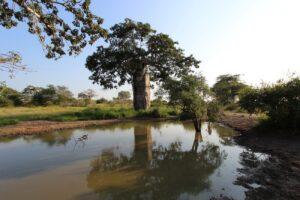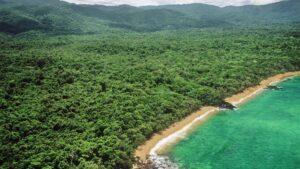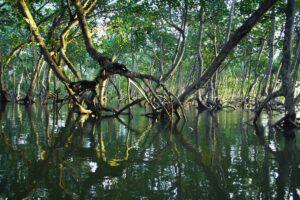Morocco is a country with astonishing diversity and a doorway to Africa. Rugged mountain ranges, wide deserts, ancient civilizations, abandoned beaches, and kind people everywhere.
Morocco is famous for its exquisite architecture. Visitors should rank visiting the souks in Marrakech and Fes while making travel plans to Morocco. These markets and lanes reveal intricate traces of Moroccan culture and distinctiveness. But, they in no way capture all of the country’s natural beauty.
Here are 5 activities you can enjoy in Morocco. Of course, you may add other activities if you choose, but don’t forget to include the essential training of giving it the respect it deserves by appreciating its elegance, history, and peacefulness.
Chefchaouen Village
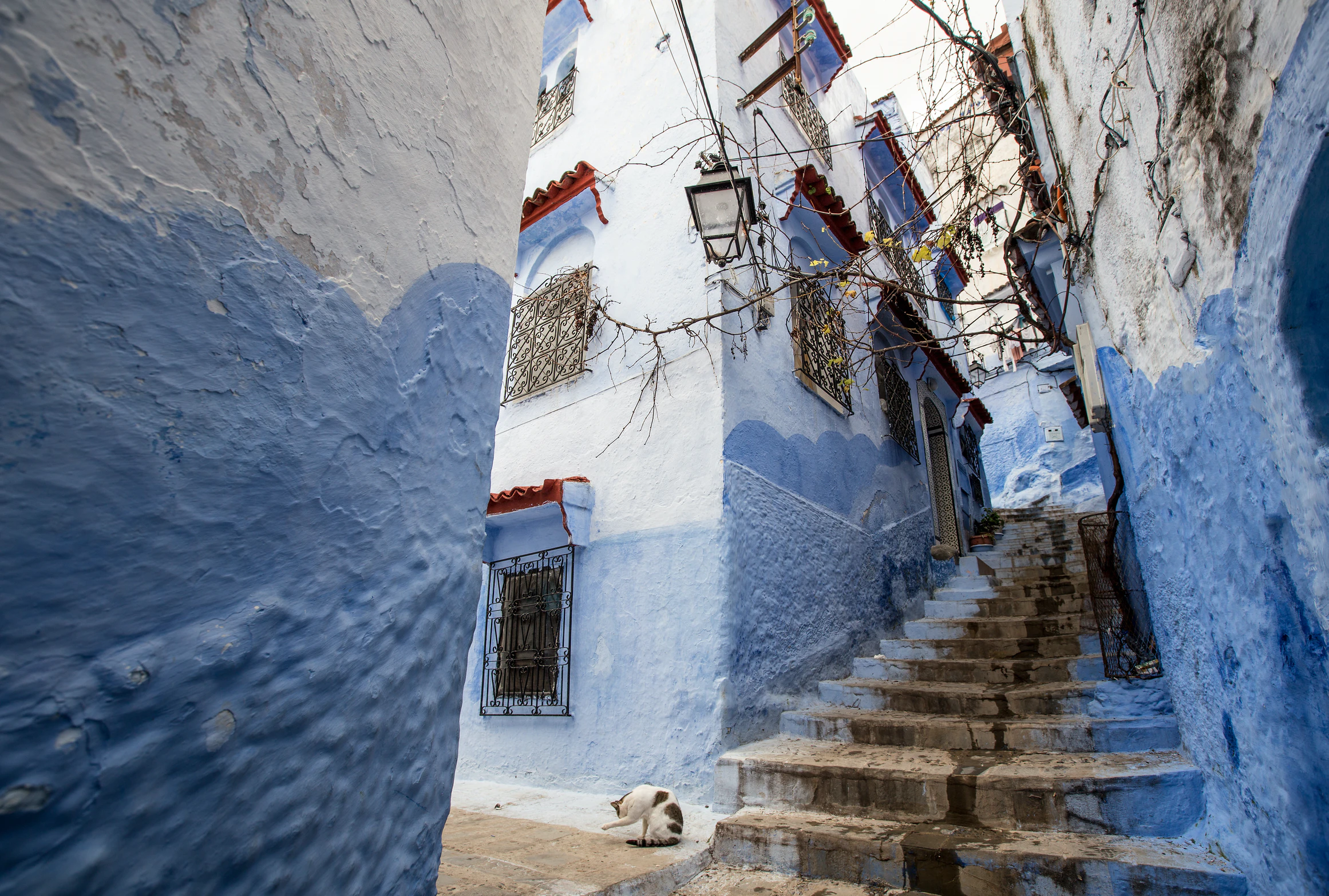 People refer to Chefchaouen, a little hamlet in the Rif Mountains, as the Blue Pearl of Morocco. The predominant color in Chefchaouen’s residential area is blue, which also brings most tourists to the site. Remember that another draw for visitors to this area is the architecture. It is reminiscent of the Spanish aesthetic that enabled Jews and Muslims to migrate in the 15th century and maintain their happiness. If you travel to the hamlet from Fes on a typical trip, you will discover its architectural past and see places like Bab el Ain and Kasbah, besides the charming blue streets of this town.
People refer to Chefchaouen, a little hamlet in the Rif Mountains, as the Blue Pearl of Morocco. The predominant color in Chefchaouen’s residential area is blue, which also brings most tourists to the site. Remember that another draw for visitors to this area is the architecture. It is reminiscent of the Spanish aesthetic that enabled Jews and Muslims to migrate in the 15th century and maintain their happiness. If you travel to the hamlet from Fes on a typical trip, you will discover its architectural past and see places like Bab el Ain and Kasbah, besides the charming blue streets of this town.
Include the Spanish Mosque, Kasbah, and Zaouia of Moulay Abdeslam Bin Mchich Alami if you travel alone. Try booking a room at Dar Baibou if you want to stay in the area and take in the luxurious Moroccan-inspired decor of the guesthouse.
Erg Chebbi
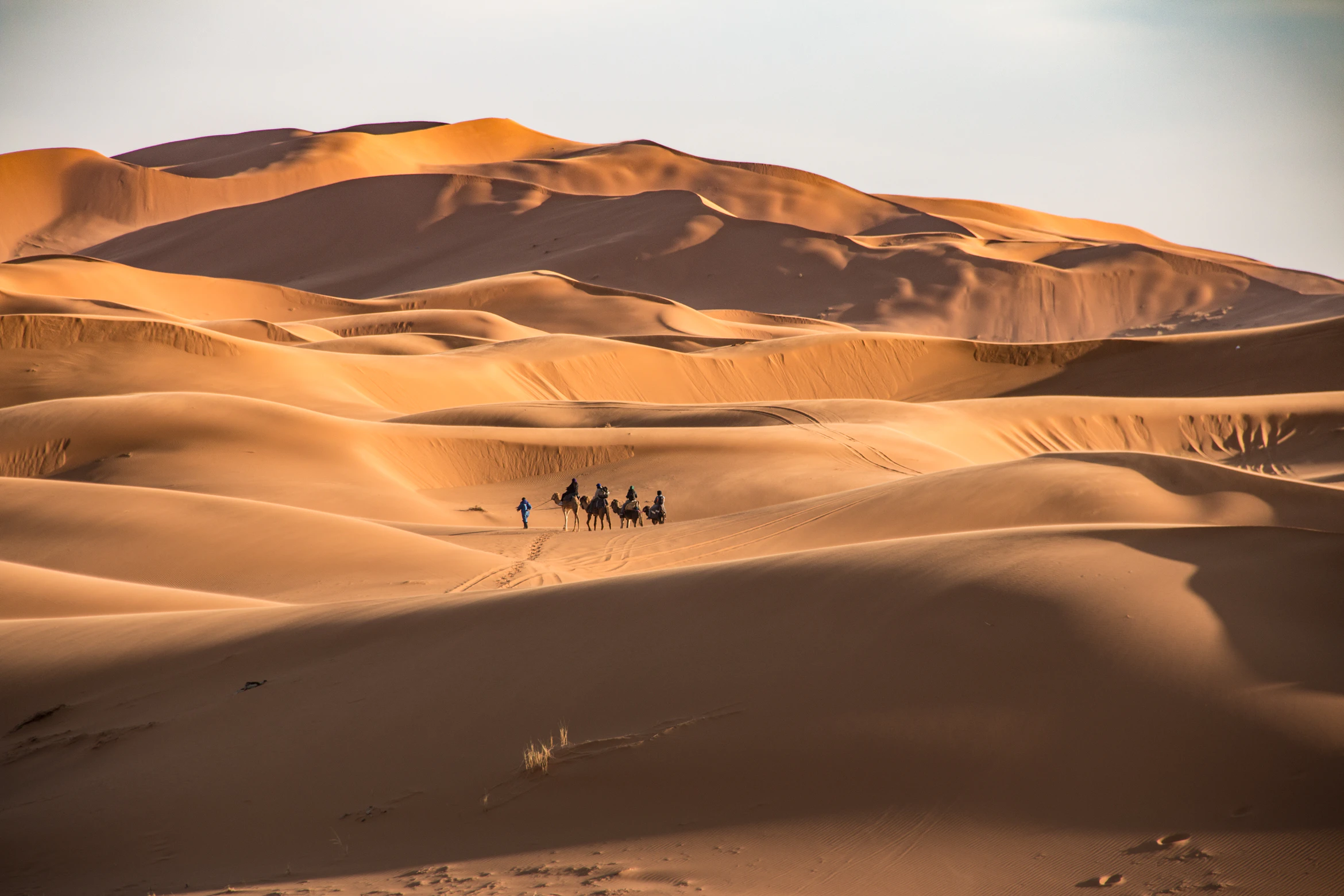 Believe me when we say Morocco is more than its stunning historical structures and works of art. Mountains and deserts are also shown. The desert is lovely in the daylight. But at night, its splendour is mesmerizing. Furthermore, you are not required to spend that night cooped up in a dark or riad—instead, camp beneath the stars or inside one of the guest tents. Enjoy comfortable nomadic living in a rented yurt camp, or make it contemporary and conventional with a tented cabin.
Believe me when we say Morocco is more than its stunning historical structures and works of art. Mountains and deserts are also shown. The desert is lovely in the daylight. But at night, its splendour is mesmerizing. Furthermore, you are not required to spend that night cooped up in a dark or riad—instead, camp beneath the stars or inside one of the guest tents. Enjoy comfortable nomadic living in a rented yurt camp, or make it contemporary and conventional with a tented cabin.
And take in the nomadic part of Moroccan culture without sacrificing the comforts that allow for modern living in these harsh deserts. Take a break, then set off to explore the desert. Take a tour that your camp is offering, use camels, or hire guides. Additionally, some campgrounds provide longer journeys into the dunes using modern vehicles.
Jebel Toubkal
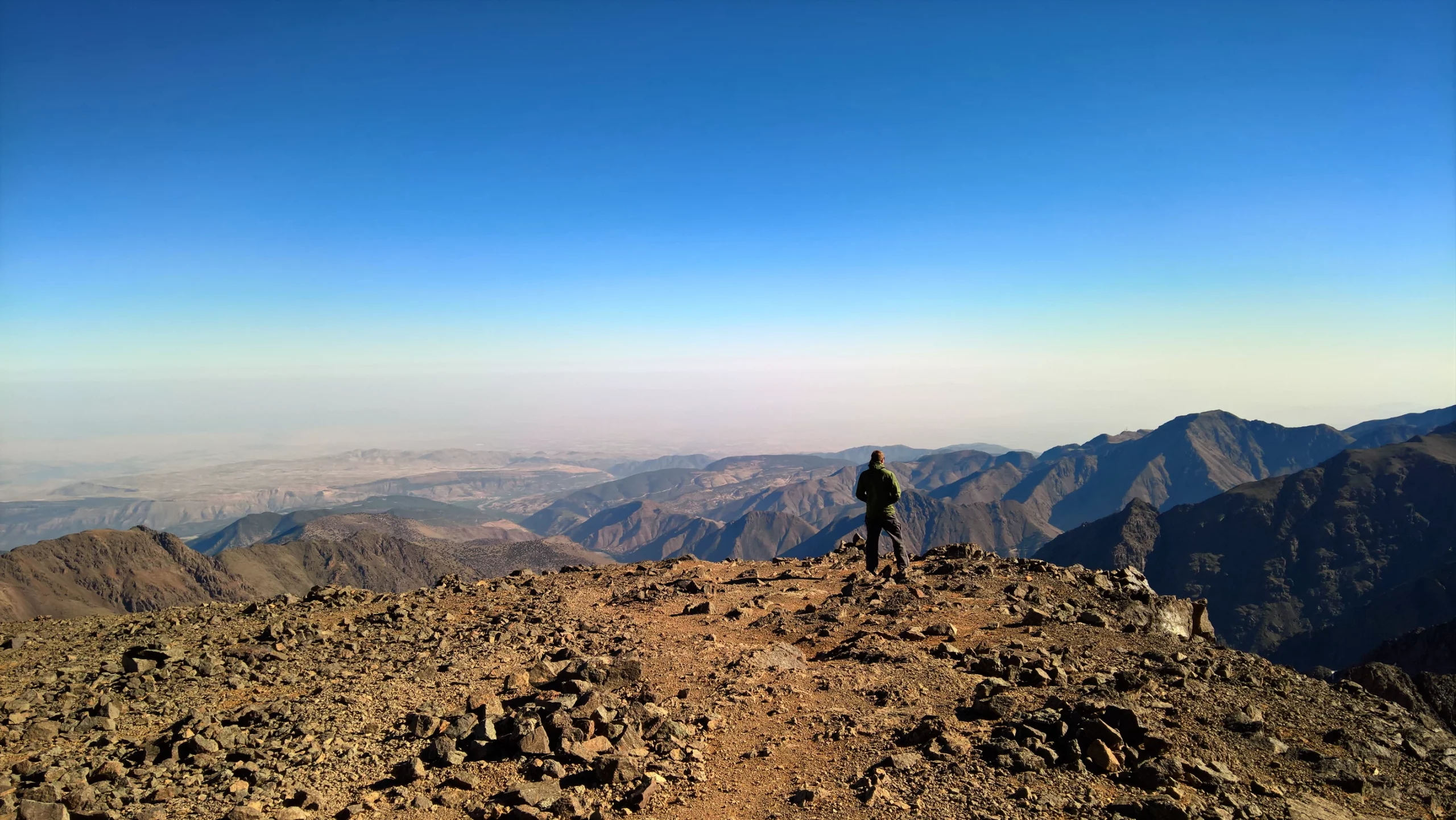 Don’t confine your trip to Morocco’s north alone. Give Jebel Toubkal a go if you have another week to spare. The peak of the mountain is conveniently located in Toubkal National Park.
Don’t confine your trip to Morocco’s north alone. Give Jebel Toubkal a go if you have another week to spare. The peak of the mountain is conveniently located in Toubkal National Park.
The summit is the highest peak in North Africa, rising to a magnificent height of 4,167 meters. But, other elements appeal to travelers as well. Instead, the multi-day climbs on the Toubkal Circuit are what draw people to this summit.
You can attempt the two-day return hike up this peak if you don’t have much time. There is no climbing involved in this rather safe hike. Additionally, you will see wildlife and flora specific to southwest Morocco. You may complete the circuit without a guide if you go during the summer. But, winter ascents might be quite difficult, so it’s best to go in a group.
Take a Hammam bath
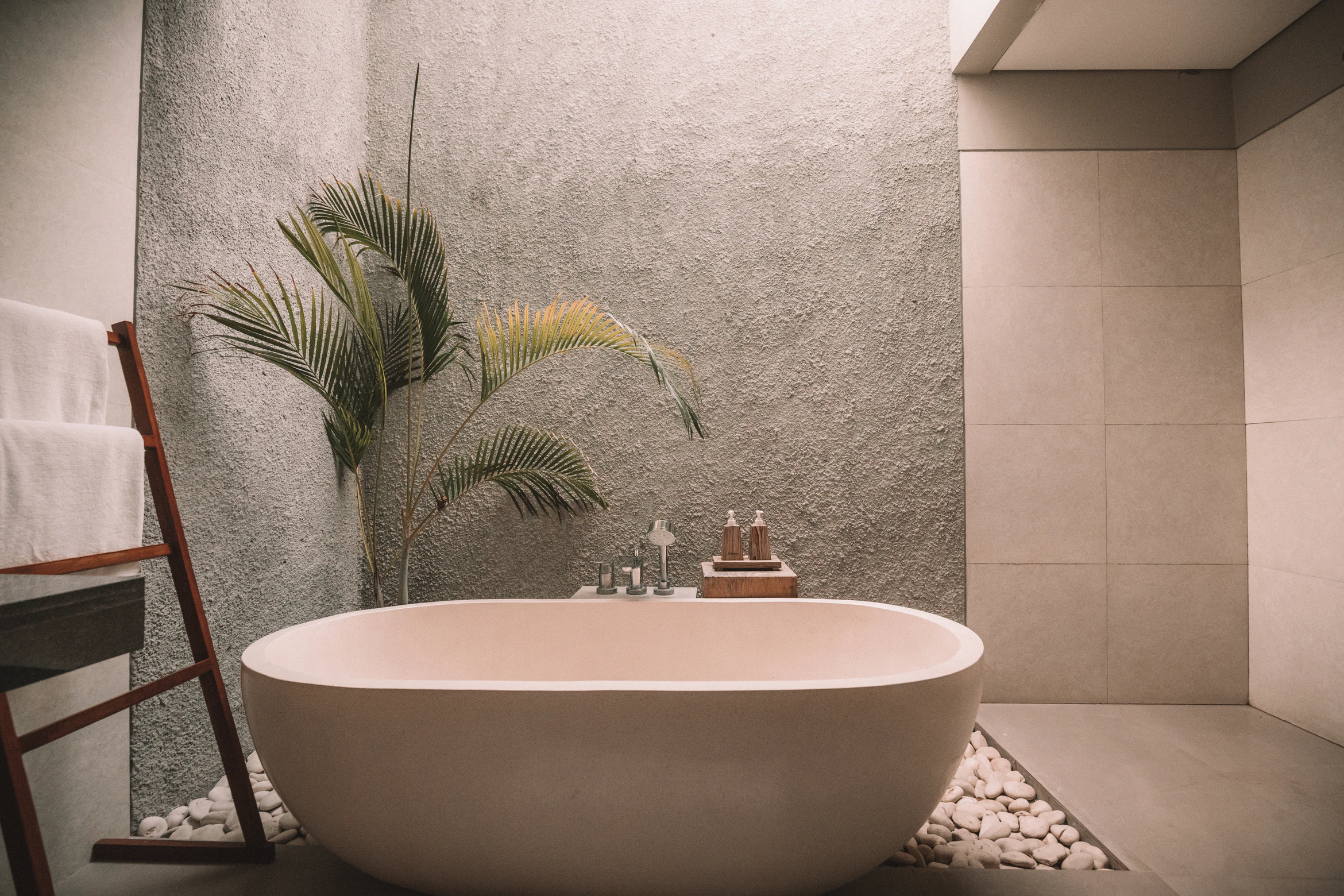 The hallmark of Moroccan culture is the hammam. Due to the lack of showers in the typical Moroccan home and the necessity for hygiene and bathing, these bathhouses first appeared in Moroccan history.
The hallmark of Moroccan culture is the hammam. Due to the lack of showers in the typical Moroccan home and the necessity for hygiene and bathing, these bathhouses first appeared in Moroccan history.
Even though those days are long gone, inhabitants still heavily rely on these public bathhouses for their social lives. They engage in a weekly ritual when they visit these hammams to socialize and wash their bodies and souls.
In rural hammams, you can learn more about Moroccan culture and customs. But, choose more contemporary, private Hammams if you don’t want to experience the culture shock that could accompany these visits.
Taste Tagine
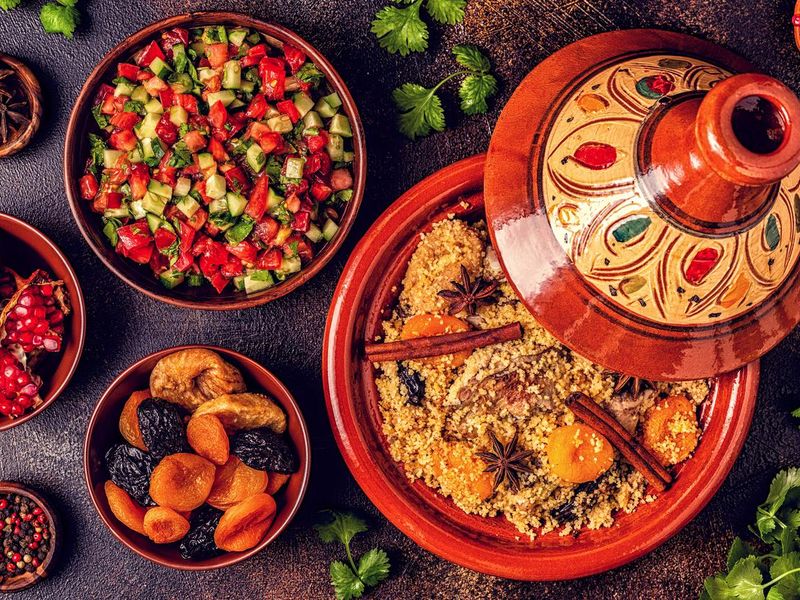 Moroccan cuisine is particularly abundant. Not only does the nation use locally grown produce—some of it isn’t easy to find in Europe!—but the cooking method also ensures that the dishes stand out from those from other countries.
Moroccan cuisine is particularly abundant. Not only does the nation use locally grown produce—some of it isn’t easy to find in Europe!—but the cooking method also ensures that the dishes stand out from those from other countries.
The menu of Moroccan cuisine’s specialty meals is called tagines. Both vegetarian and meat-based tagines are available. These dishes stand out thanks to their distinctive cooking methods and cooking vessels.
The tall lid locks the base, and the wide, shallow base keeps the ingredient warm and moist. This spicy, moist recipe uses long cooking to give food a tenderness only found in tagine dishes.
The following are the top 5 things to do in Morocco. Get ideas from this list when you’re ready to travel in less traveled areas after checking Marrakech and Fes off your bucket list. After that, savor the tranquil and immersed beauty of Morocco. Read more about travel around the world here.
